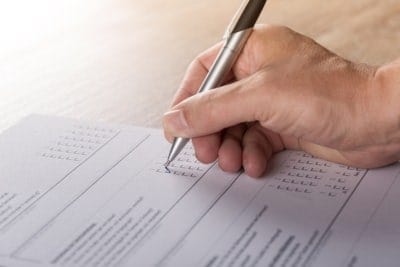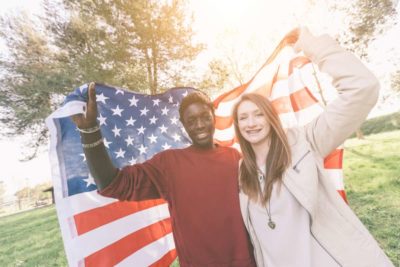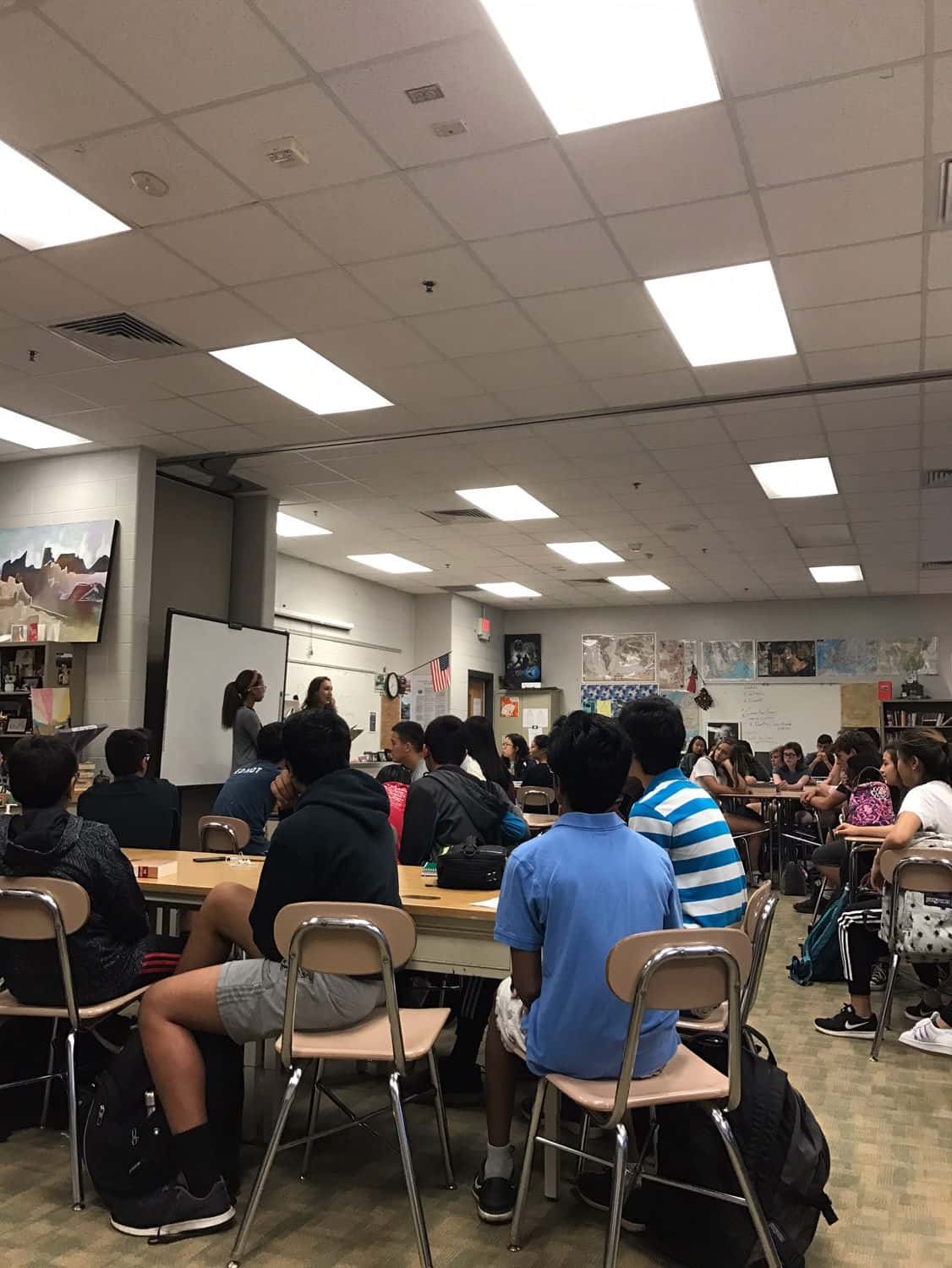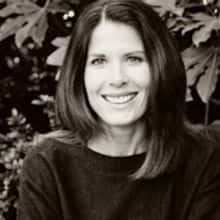The older I am, the more I realize that not everyone thinks the way I do. Maybe it should seem obvious, but it still catches me off guard every once in a while.
Turns out, I am not the only one.
Let me explain.
First Vote NC, a civic engagement program of EducationNC, teamed up with UNC’s Institute of Politics (IOP) to train a group of students to deliver the lesson, “How to Vote and Why it Matters,” to local area high school students. Enloe High School in Raleigh was their first stop.
After a series of activities about election-related issues, the IOP team ends the lesson by asking everyone in the classroom to stand up. Amidst the hum of conversation lingering from the previous group work, they tell the students that for the next 15 minutes they are to forget that they are young high school students, and instead imagine themselves as 18-to-29 year olds who have been eligible to vote in the last midterm, presidential and local elections.
What is not imagined are the statistics used in the exercise – those are real, and the students from UNC use them to paint a picture for the students of a disengaged youth electorate.
After describing the media hype and impact of the 20016 presidential race, the IOP team begins pointing at students and asking them why they did not vote. Students had earlier come up with a list of possible answers. They tell those students to sit down. They keep pointing and students keep giving excuses until more than half the class is seated.
Looking around the room at all the students sitting, the UNC students ask, “Would young people impact elections if more of them voted?”
The room is quiet.
Then they describe the 2014 midterms and what was at stake. This time 80 percent of the classroom is told to sit down.
Again they ask, “Would issues young people cared about be considered more by elected officials if everyone sitting down had voted?”
For the last round they discuss the importance of local elections. In the classroom of 60 students, only two students remain standing.
The UNC team asks, “Do you want these two people choosing for you”?
The room is silent.
The lesson is powerful. The message is clear. And judging from the Enloe students silence, it is also surprising.
Here is the thing: It surprised me too. For a long time, I had no idea young people did not vote in large numbers. Everyone I knew voted.
The good news is these students participated in First Vote’s 2017 simulation election. They felt what it was like to vote. They looked at what, for many, was the first ballot they had ever seen. The plan is for them to do this every year of high school, developing in them a habit of civic participation.
This is the power of First Vote NC.
As part of that ballot, students answered 10 local issue-based questions and completed an exit poll form with demographic questions. The First Vote NC team will analyze the results. How do gender, geography and race affect perspectives? How similar or dissimilar are we to our peers across the state? Did student voting reflect voting in their town?
There is a curriculum developed specifically for North Carolina high school civics teachers by Carolina K12 that enhances the simulation. Teachers have options that range from lessons that bring a local county commissioner budget process to life, to the logistics of registering and finding your precinct, to discerning propaganda versus fact.
Our nation, and the communities that are a part of it, work better with an active and informed citizenry. If young people continue the trend of disengagement and disillusionment, we will lose out on the wisdom, perspective, and involvement of too many from the next generation.
While I know not everyone will think the way I do on how to vote, I hope these high school students will realize they need to vote.
Recommended reading



